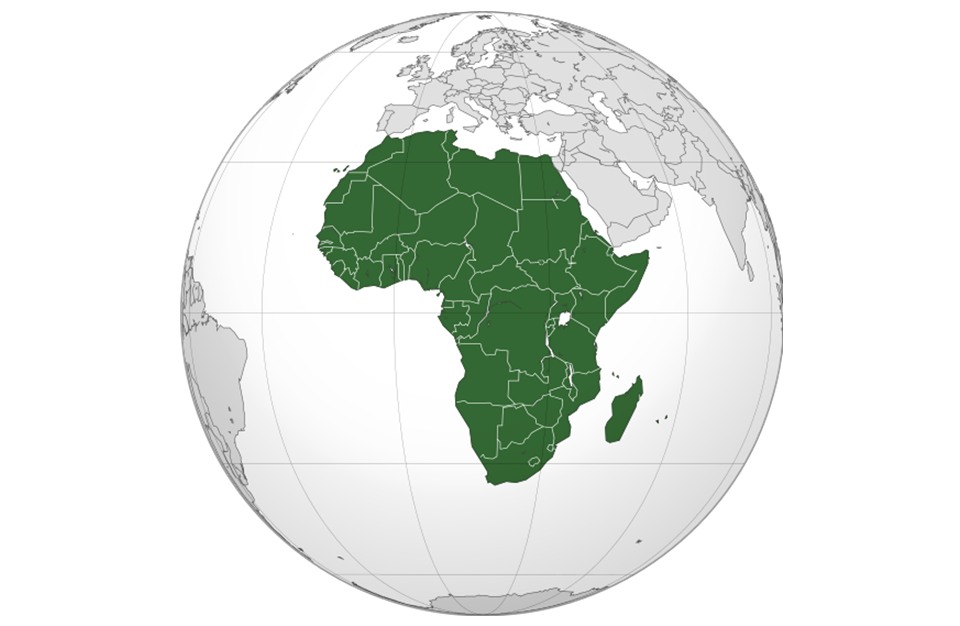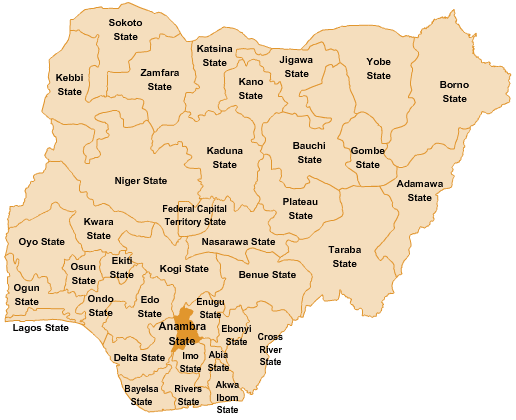The British government has deployed a 66-person Short Term Training Team (STTT) from No 5 Royal Air Force (RAF) Lossiemouth to Nigeria for a six-week period to train the Nigerian Air Force Regiment.

The detachment, the third undertaken by 5 Force Protection Wing in a five-year programme, comes after a request by Nigeria’s Chief of Air Staff, Air Marshal Sadique Abubakar who stated that the request was necessary to forestall possible attacks on the country’s airbases, to assist in capacity building for the Nigerian Air Force Regiment.
Speaking on the development, Abubakar said,
“Given the importance of bases in the airpower delivery matrix, it is not inconceivable to expect our adversaries to target our airbases. As a matter of fact, we have had an attack on one of our airbases in the recent past, and current intelligence reports keep highlighting the possibility of attacks on our bases. All these reinforce the need to emplace a robust base defence concept that is capable of providing guidance for responding to a wide range of situations that may threaten our bases.”
Similarly, the Officer Commanding 5 Force Protection Wing, Wing, Commander John Rees expressed the British government’s readiness to support Nigeria. He stated:
“We are delighted to be here again and, as always, humbled by the warmth of the Nigerian welcome. We are proud of our Royal Air Force heritage and the opportunity to represent our service in the Defence Engagement arena. Having already delivered the Train the Trainer package to 50 non-commissioned officers and commissioned officers, a further 250 students will now begin the Foundation Phase, bringing a total of around 300 Nigerian personnel to be trained across a mixture of ranks.”
The STTT is expected to deliver a training package which enables students to operate effectively in the Complex Air Ground Environment by understanding their role to provide security and Force Protection operations both inside and outside an air base. This forms a key part of a layered defence system in deterring and defeating an enemy away from the airfield while also assuring the internal security of a base. In addition, the RAF will give Nigerian commissioned and non-commissioned officers the opportunity to enhance their tactical leadership and planning skills.

